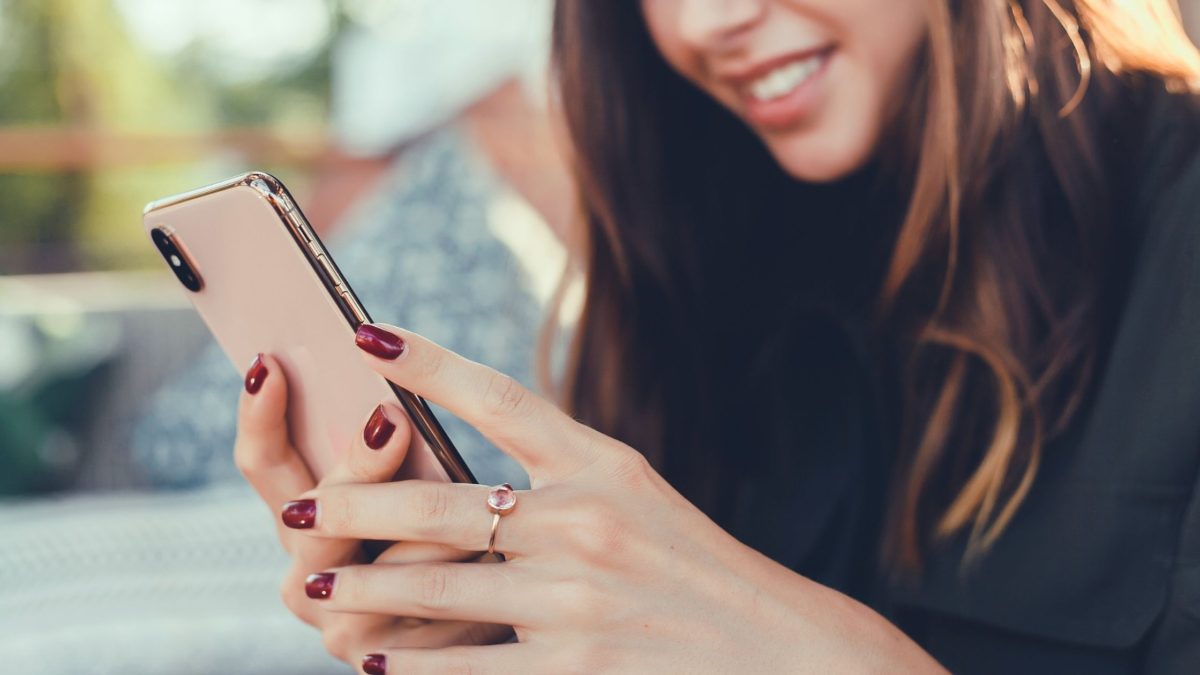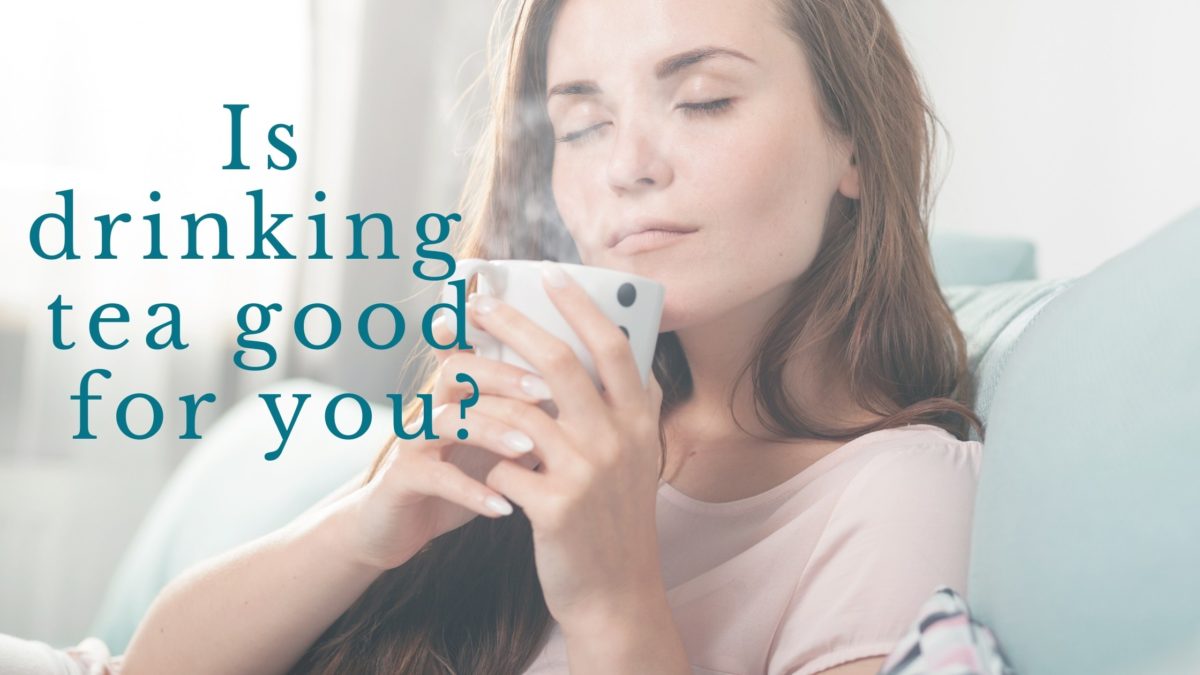The use of social media is not all bad. If used correctly and moderately, social media can enhance your social connection experience.
Human beings are social creatures; we thrive in socially motivated situations and environments.
Introvert or extrovert, online or in-person, human connection is a necessary part of human survival.
Human connection is not only needed for survival, but it is also one of the best ways to maintain your mental health.
One benefit of social media is that it can encourage you to stay connected with family, friends, and other loved ones that live afar.
Healthy use of social media can help decrease symptoms of depression, anxiety, and ease stress. Your social media connections can also contribute to your happiness, prevent loneliness, increase self-esteem, self-worth, and self-confidence.
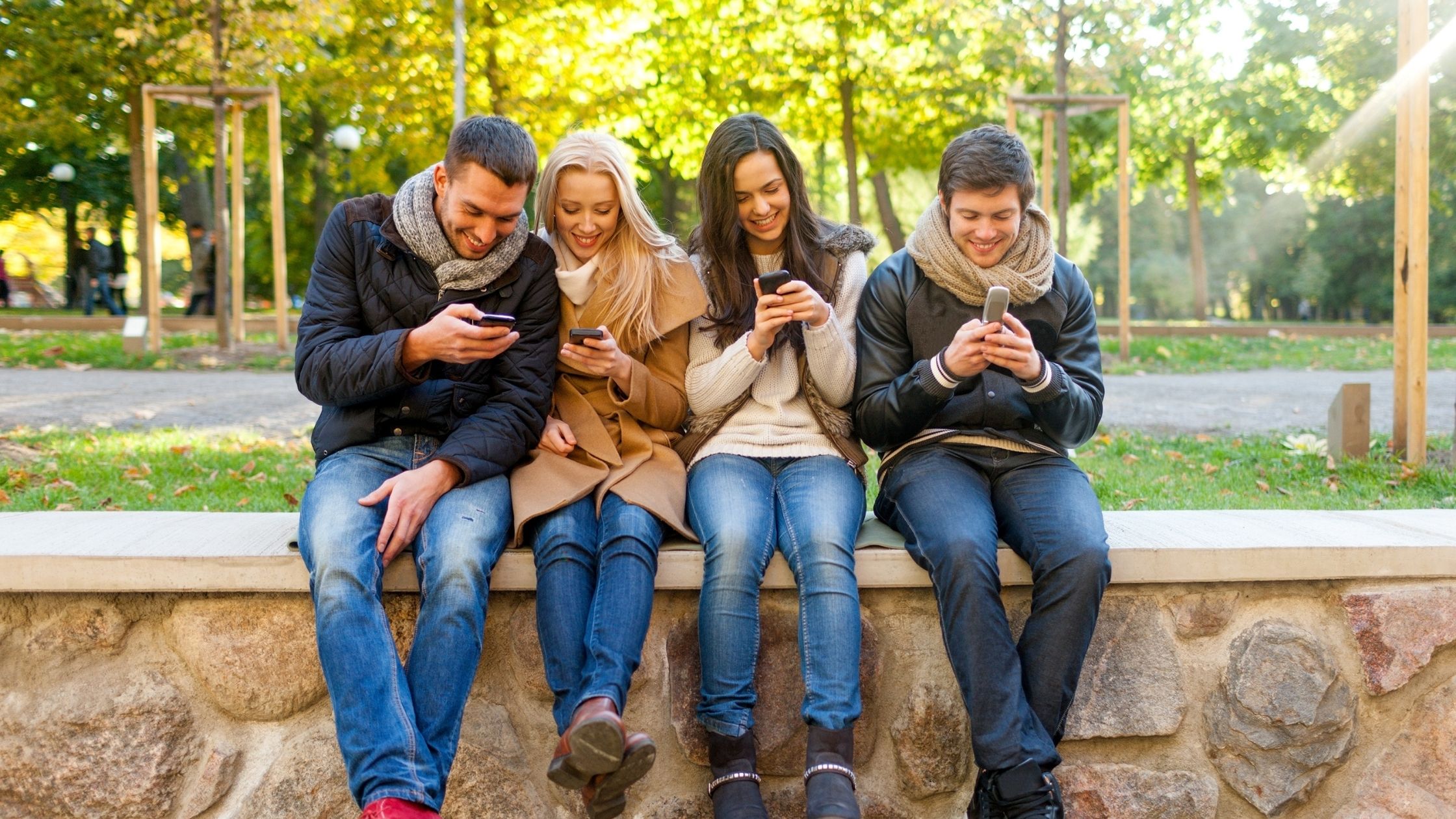
On the contrary, there is a toxic and addictive side of heavy use of social media. A lot of people have an addiction to social media and spend hours on end scrolling through Facebook, Instagram, and other social media platforms every single day.
The results of this kind of addictive dedication to these social media platforms can lead to a decline in your mental health.
What is an addiction to social media?
Social media can be just as addicting as drugs and alcohol.
Do you remember the last time you went a day without checking your social media accounts?
Do you stop everything you are doing for a notification?
Do you feel anxious when you are unable to check your social media accounts?
If so, you may have an addiction to social media.
Addiction to social media is the compulsive use of a social media platform despite harmful consequences (e.g., losing sleeping, inability to complete tasks, or participate in a conversation without checking social media).
Many studies have found a strong link between heavy social media presence and an increased risk for depression, anxiety, loneliness, self-harm, and suicidal thoughts.
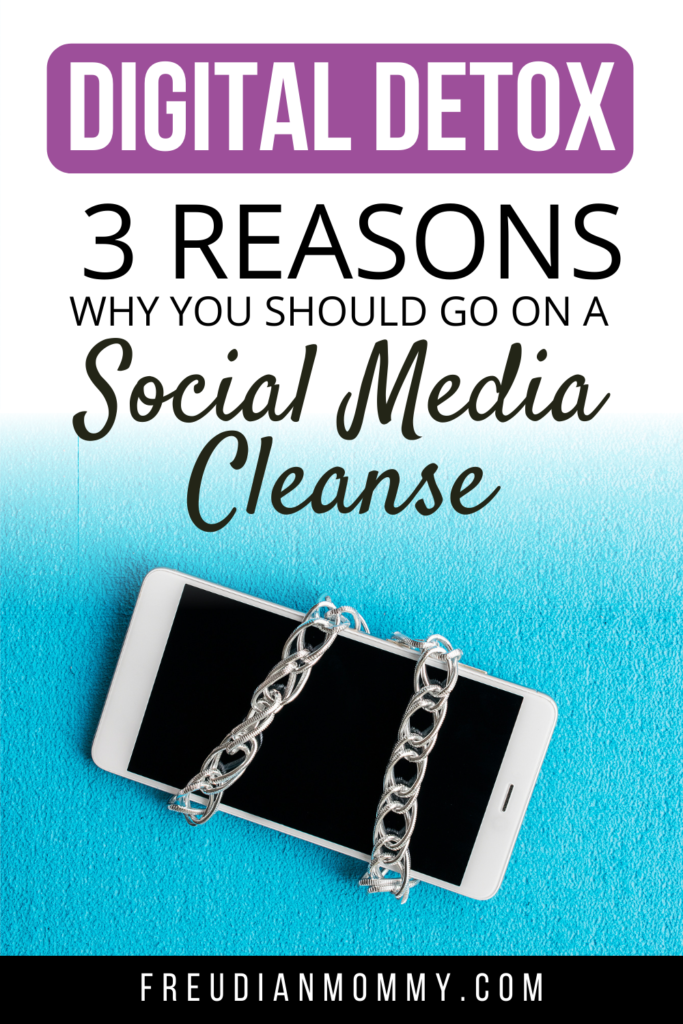
3 Negative Effects of Heavy Social Media Use:
1) Depression:
Heavy use of social media has a way of affecting your mood negatively, especially if you already struggle with depression. People tend to post about the edited version of their lives, and many people fall victim to the idea of social comparison.
Comparing your life with what you see on social media and thinking that your friends or foes live a better life than you can make you feel inadequate about your own life, leading to depression.
Studies show that heavy use of social media can increase the risk of depression for this very reason.
Ways To Avoid Depression While Using Social Media
Minimizing your use of social media or using it in moderation can keep you from developing symptoms of depression which includes:
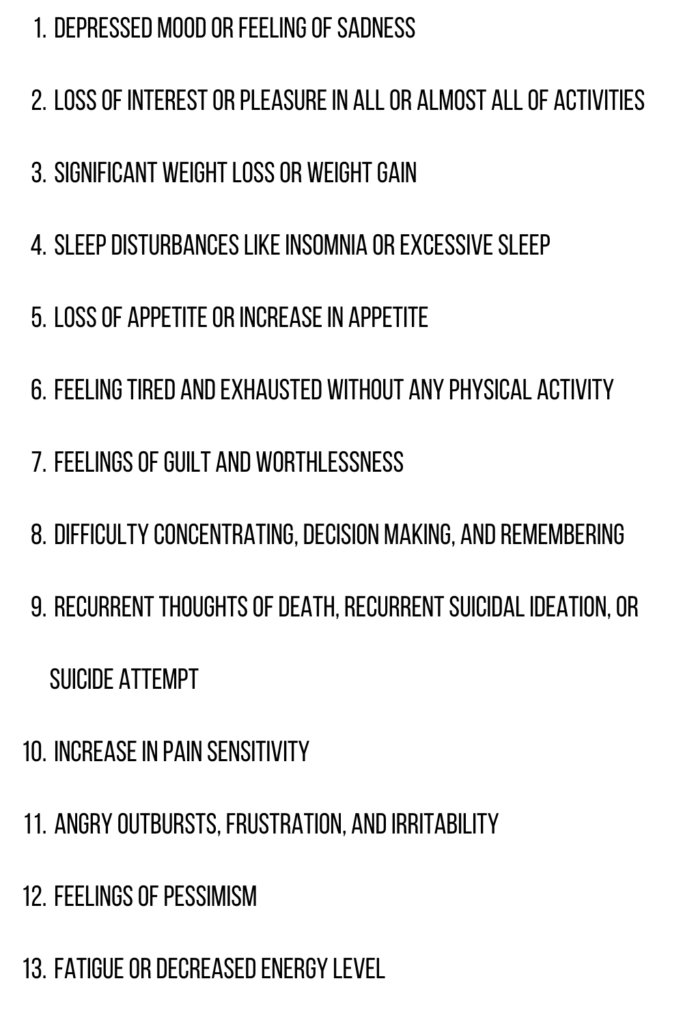
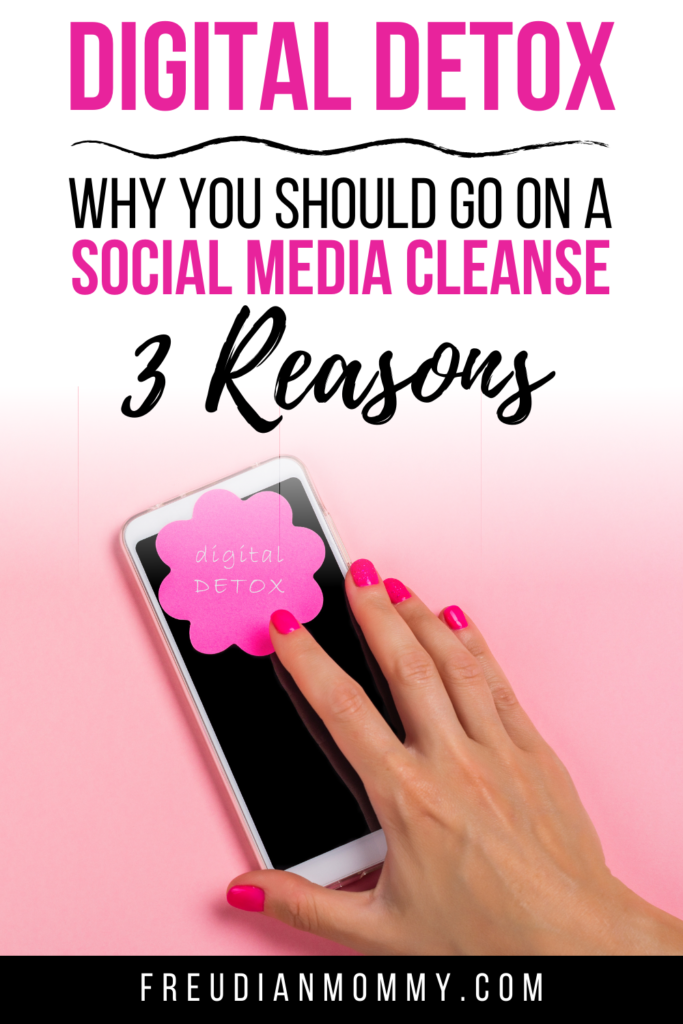
Knowing that what you see on social media is not real life and that the grass is not greener on the other side can help you keep sadness and low mood at bay.
It also helps to practice gratitude by being grateful for what you have, your health, people who love and care about you, and living an authentic life.
2) Fear of Missing Out (FOMO)-
There’s this new psychological phenomenon called Fear of Missing out, a form of anxiety you get when you fear that people might be having fun without you. It is also a longing to stay connected constantly with what others are doing.
Fear of missing out can negatively affect your physical and mental health. Mood swings, loneliness, reduced self-esteem, social anxiety, and increased negativity and depression can result from FOMO.
It is impossible to live your own life and keep up with what everyone else is doing all the time. If your use of social media has gotten you to this point, I recommend speaking to a mental health professional about reducing anxiety levels resulting from FOMO.
3) Poor Sleeping Patterns:
Spending too much time on social media can affect your sleeping patterns. If you use your phone in the middle of the night, something most people are guilty of doing, it’s easy to get carried away and lose track of time.
Studies have shown that heavy use of social media can cause you to lose out on your sleep.
Avoid letting social media affect your sleep by setting boundaries on when to use social media. Set limits by taking one of these actions at night:
- Put your phone on silent
- Place your phone across the room where it is difficult to reach
- Leave your phone out of the bedroom
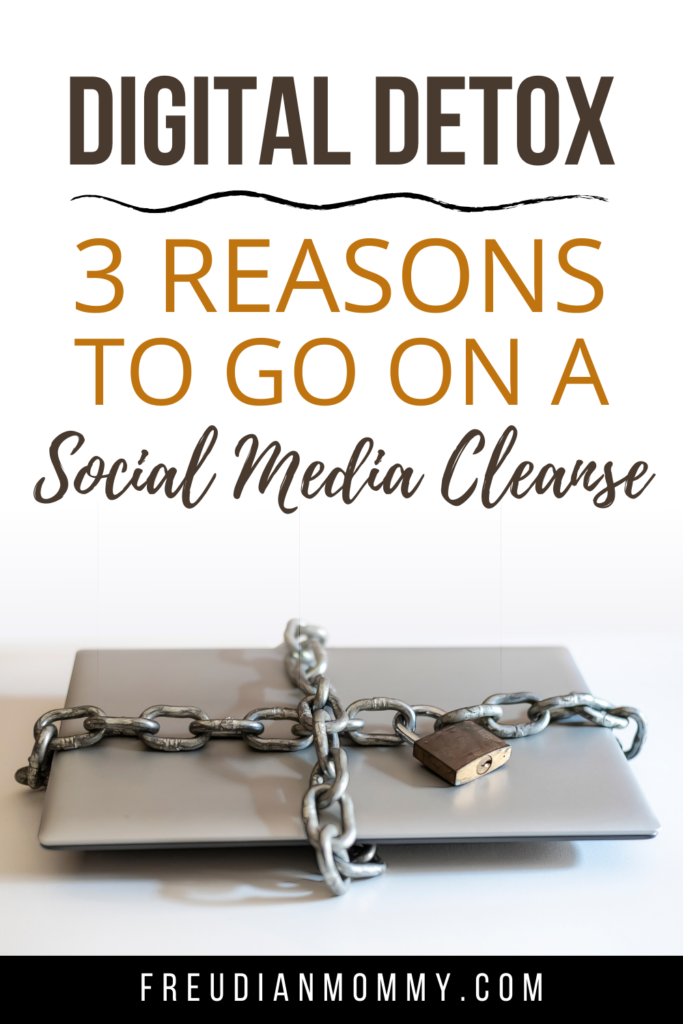
What does unplugged mean?
Unplugged does not mean you need to quit social media. Unplugged just means that you need to get away, away from continually checking your messages and notifications, and taking time to take care of yourself.
Why should I go on a digital detox?
If the thought of being without social media for even an hour bothers you, check your social media frequently, and are losing sleep because of heavy use of social media, you need a break from the internet.
How do I unplug?
Unplugging from social media is no easy task, especially if you usually have a strong social media presence, but it can be done.
Before you unplug, be sure to let your followers know that you are going on a social media detox; that way, they are not worried and wondering if you’re okay.
And second, start slow; before you take a whole day off of social media, start by staying offline for an hour. If you succeed in doing that, stay offline for 2 hours, etc.
If you find it challenging to stay offline for an hour or two, you may need to seek professional help because chances are other areas of your life are being affected.
I am on a digital detox, now what?

A digital detox can be a liberating experience. If you can take a break from the internet, even for an hour, do something for yourself, practice self-care.
Have lunch with a friend, go for a walk, for a jog, go to the gym, or drink a cup of tea. The bottom line is to do something that does not include social media but makes you happy. Click here for a complete list of self-care ideas that take 15 minutes or less!
Keep in mind that going on a digital detox is practicing self-care within itself. A break from the internet should be incorporated into your weekly self-care routine.
Do you have a problem?
As the saying goes, the first step to getting help is admitting to a problem. Suppose you can admit to being addicted to social media and find yourself struggling with fear of missing out (FOMO), seek help and guidance from a mental health professional.
They will help you build a healthier relationship with social media by setting boundaries and holding you accountable.
Social Media’s Hidden Agenda
Although social media does help you stay connected to your family, friends, and loved ones, their primary goal is to get you scrolling for as long as possible.
The longer you scroll, the more ads you see, the more purchases you make. It is up to you and it is your responsibility to set boundaries around how you use these social media platforms. Always remember to take care of you and your mental health.
Let’s talk about it, do you think you have an addiction to a social media platform?

